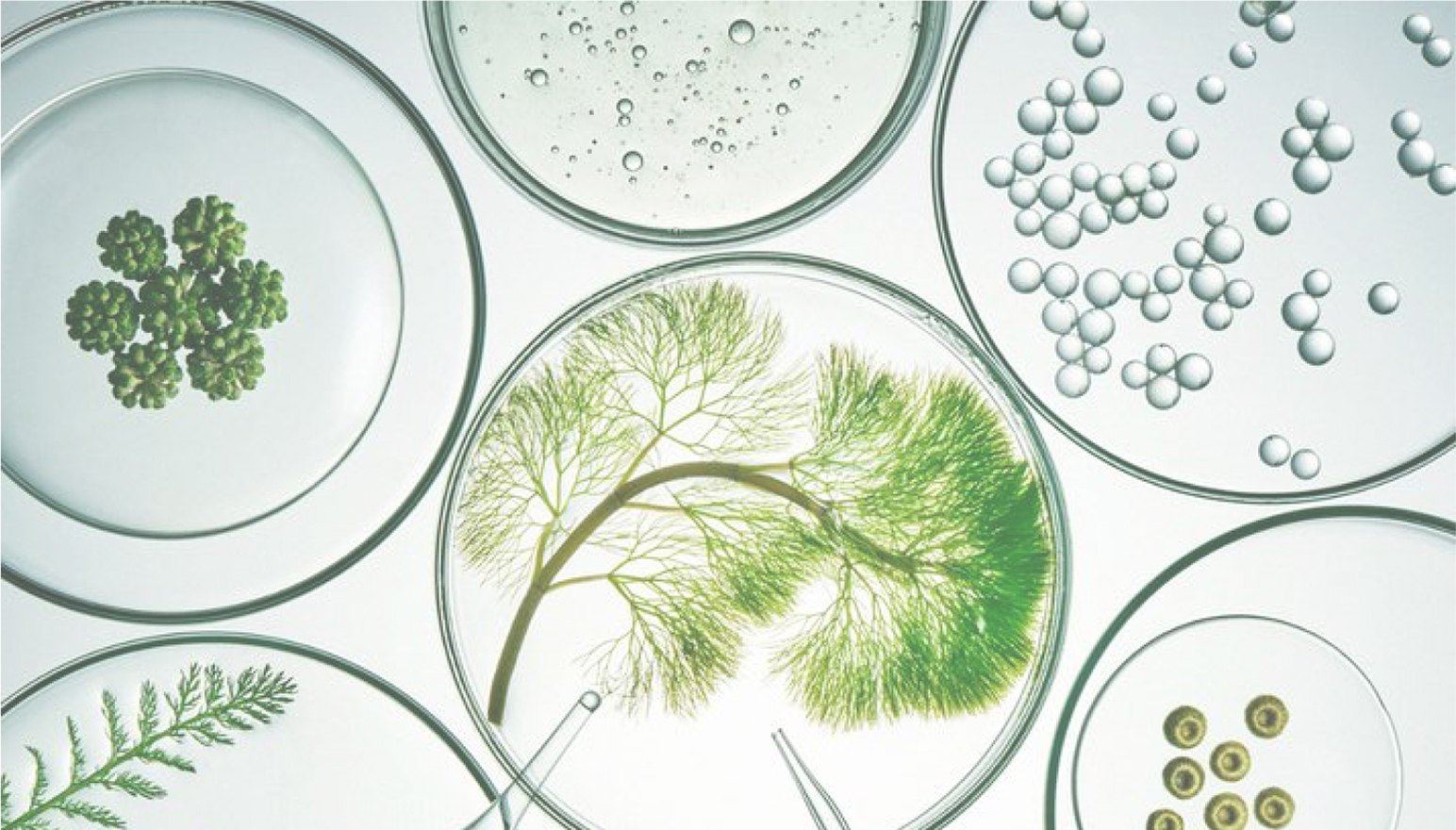Industry Insights

Identification and quantification of methylglyoxal as the dominant antibacterial constituent of mānuka (Leptospermum scoparium) honey from New Zealand.
4月 29, 2008
The 1,2-dicarbonyl compounds 3-deoxyglucosulose (3-DG), glyoxal (GO), and methylglyoxal (MGO) were measured as…
Effect of mānuka honey on eyelid wound healing: a randomized controlled trial.
7月 29, 2017
To report outcomes of a randomized trial on the role of “active” mānuka honey on eyelid surgical w…
Mānuka honey inhibits the development of Streptococcus pyogenes biofilms and causes reduced expression of two fibronectin binding proteins.
3月 29, 2012
Streptococcus pyogenes (group A Streptococcus; GAS) is always of clinical significance in wounds where it can …
Mānuka honey inhibits adhesion and invasion of medically important wound bacteria in vitro.
12月 29, 2013
To characterize the effect of mānuka honey on medically important wound bacteria in vitro, focusing on its ant…
Mānuka honey sinus irrigation of the treatment of chronic rhinosinusitis: a randomized control trial.
12月 9, 2016
Mānuka honey (MH) has been shown in vitro to be effective against biofilm-producing bacteria. This study asses…
Antibacterial honey (Medihoney): in vitro activity against clinical isolates of MRSA, VRE, and other multiresistant gram-negative organisms including Pseudomonas aeruginosa.
3月 29, 2007
The media regularly reminds both the public and healthcare professionals of the dangers infection poses to goo…
A review of research into second intention equine wound healing using mānuka honey: current recommendations and future applications.
12月 29, 2015
In addition to the generic properties of honey, mānuka honey has a nonperoxide antimicrobial activity largely …
The unusual antibacterial activity of medical-grade Leptospermum honey: antibacterial spectrum, resistance and transcriptome analysis.
6月 10, 2009
There is an urgent need for new, effective agents in topical wound care, and selected honeys show potential in…

